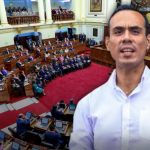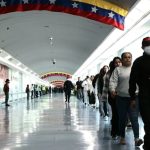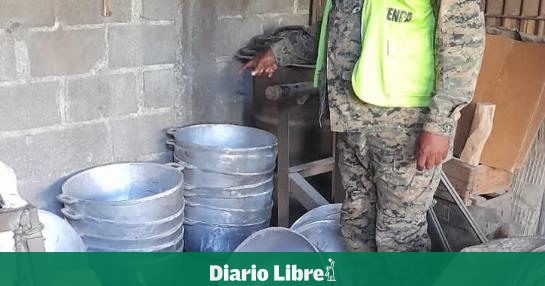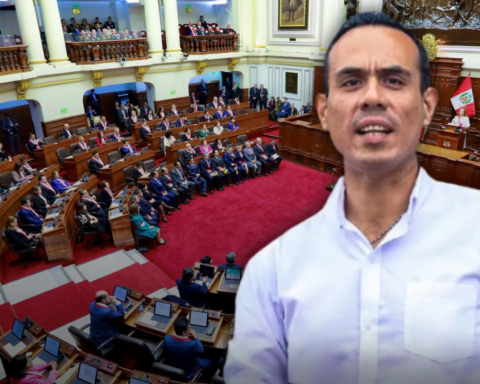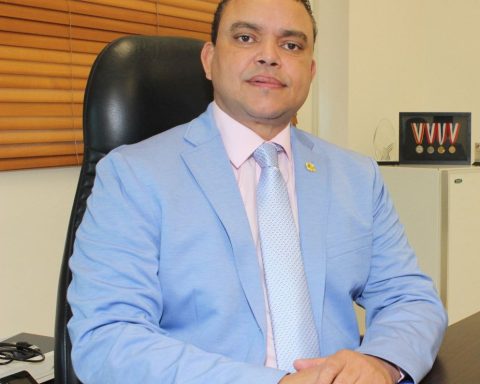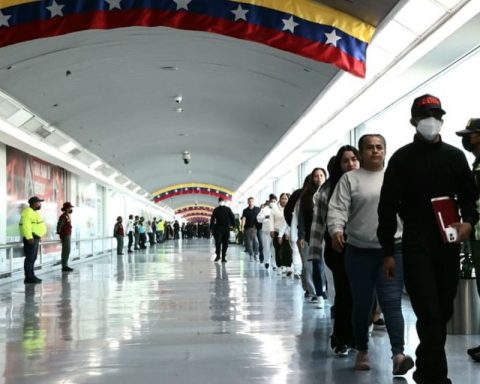Ancap missed out on entering US$105 million last year for not raising fuel rates as much as recommended by Urseaaccording to the latest macroeconomic bulletin published by the Center for Development Studies (CED).
The Regulatory Unit for Energy and Water Services (Ursea) prepares a report every month in which it calculates the Import Parity Prices (PPI) for different fuels, such as gasoline or diesel. Based on this report, the Executive Branch makes the decision to adjust prices to (presumably) coincide with what a hypothetical international competitor would offer.
However, the CED report indicates that the setting of rates was handled with “discretion” and that “the prices for sale to the public did not reflect —in any sense— the costs assumed by Ancap to produce and distribute fuels”.
Despite resigning US$105 million in 2021, the public entity had surcharges of US$ 14 million in gasoline and US$ 67 million in diesel since the new government took officealthough “the results are substantially different between 2020 (when both fuels paid higher prices) and 2021 (where they were sold below the PPI),” the document indicated.
This week the president of Ancap Alejandro Stipanicic announced that the state oil company “is going to add US$5 million to its March income when Ursea would have recommended US$8-10 million” and that this difference will be absorbed by the company.
For his part, the president Lacalle Pou affirmed in Artigas that the government “doesn’t have much” back to continue supporting fuel prices to the public if the appreciation of crude oil is maintained. The president took advantage of the occasion to justify the fuel increases: “A year ago we had oil at US$40 and little (per barrel), a month ago it was at US$90, now it bounces above US$100… It is very volatile, Ursea suggested certain increases and we (for the government) we decided to increase half of what was suggested,” argument.
The CED bulletin also pointed out that the governments’ discretionary policy regarding gasoline and diesel prices “is observed from at least 2010 onwards“.
The agency estimated that in the five-year period 2010-2014 gasoline was subsidized by US$ 78 million while the diesel had a surcharge close to US$ 1,181 million. Likewise, between 2015 and 2019, gasoline presented a surcharge of US$ 443 million, while diesel did it in about US$ 1,337 million more than the PPI benchmark.
The thinktank also referred to the Brent oil increases —an input of reference for Ancap— which “was quoted at the February average of 97 dollars per barrel, 57% higher than in the same month of 2021“. In addition, in recent days “prices have skyrocketed, exceeding US $ 100 per barrel, figures not recorded since 2014.”
Although the increases were not strictly aligned with what was suggested by the Ursea, since the current administration took office there have been seven fuel adjustments (six of them upwards) and five increases since the current mechanism came into force.
In March 2020, gasoline cost $54.95 per liter and regular diesel $40.40, when now the products are worth $74.88 and $53.99 respectively.
This Thursday the president Lacalle Pou defended in an interview with Telemundo the mechanism adopted by the LUC in reference to the Ursea reports. for the president fuels would not be cheaper today if the method in force in the new law had not been adopted and denied that it was a political error to implement that mechanism when asked about the increases in gasoline and diesel for the referendum against the LUC.






